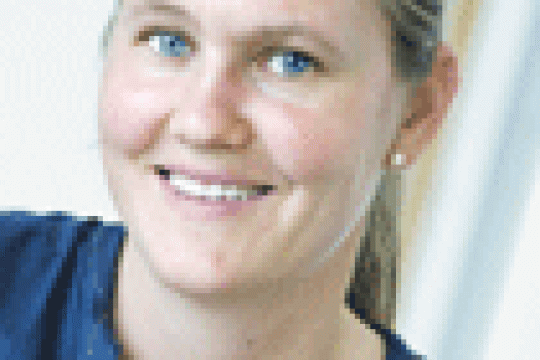Thomas Sterner and Åsa Löfgren with research colleagues has on behalf of the Swedish Environmental Protection Agency written a report summarizing the state of knowledge and future research needs on carbon markets. It is presented for Swedish state officials in Stockholm today.
The report is titled The Progress of Green House Gas Markets: Opportunities and Risks, and is the first report in the series Gothenburg Environmental Economics Report. The authors are Jessica Coria, Magnus Hennlock, Åsa Löfgren, Martin Persson, Patrik Söderholm, Thomas Sterner, and Markus Wråke.
The purpose of this report is to build knowledge about the effects of the development of regional and international carbon markets and the auxiliary technology agreements that might be needed.
“I hope that the Swedish climate delegation will read the report before COP 16, the United Nations Climate Change Conference in Cancun in November”, says Åsa Lögren, one of the authors.
“The development of economic instruments for climate policy is currently very exciting. Just a decade ago there were only a handful of environmental economists in Europe who took much interest in tradable permits. Today there are many thousands who actively participate in the EU greenhouse gas emission trading system”, says Löfgren.
The overview is dedicated to those thousands of people who are not professional environmental economists but who work in industry and have to respond to new policies as well as the many people in government who design and implement the instruments or negotiate its future development.
Among the topics addressed are: the evolution and integration of carbon markets, the impacts of policy and technology cost uncertainty on the cost of meeting targets through a carbon market mechanism, the effect of banking, price floors and ceilings, institutional constraints and technological change in the further development of carbon markets and their links to other environmental policy instruments, and the potential of REDD-plus to encourage sustainable forest development and climate mitigation.
